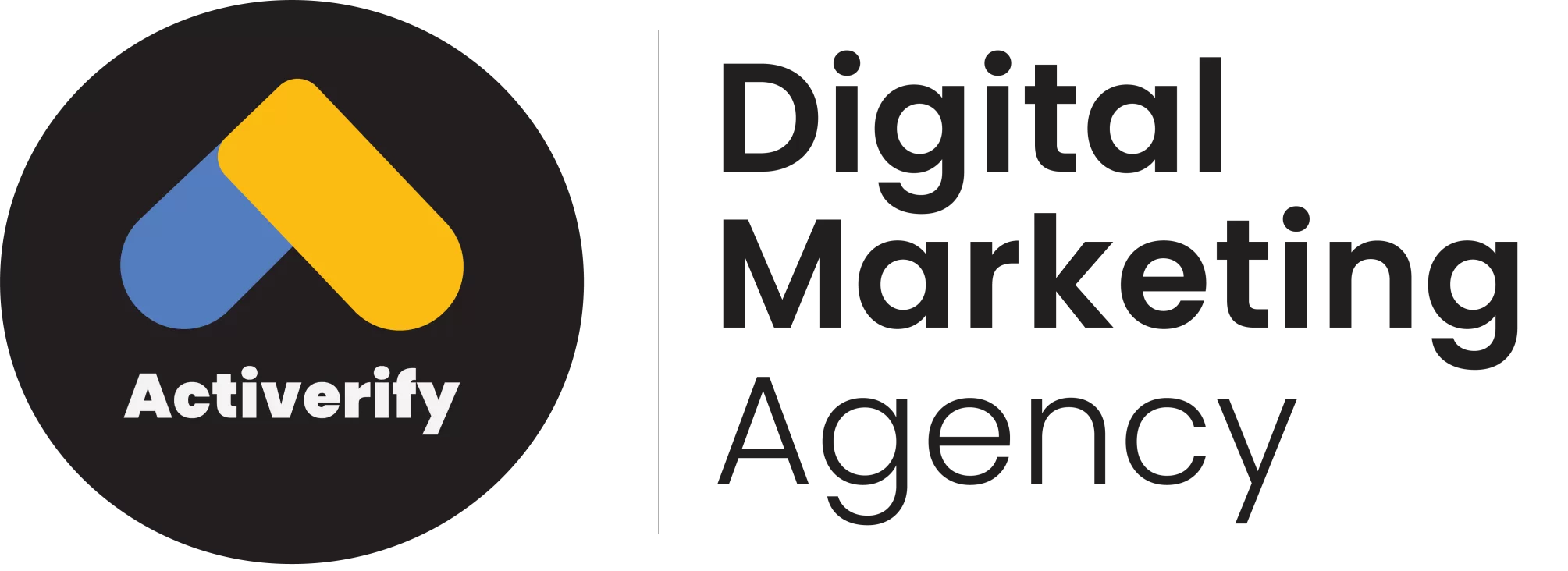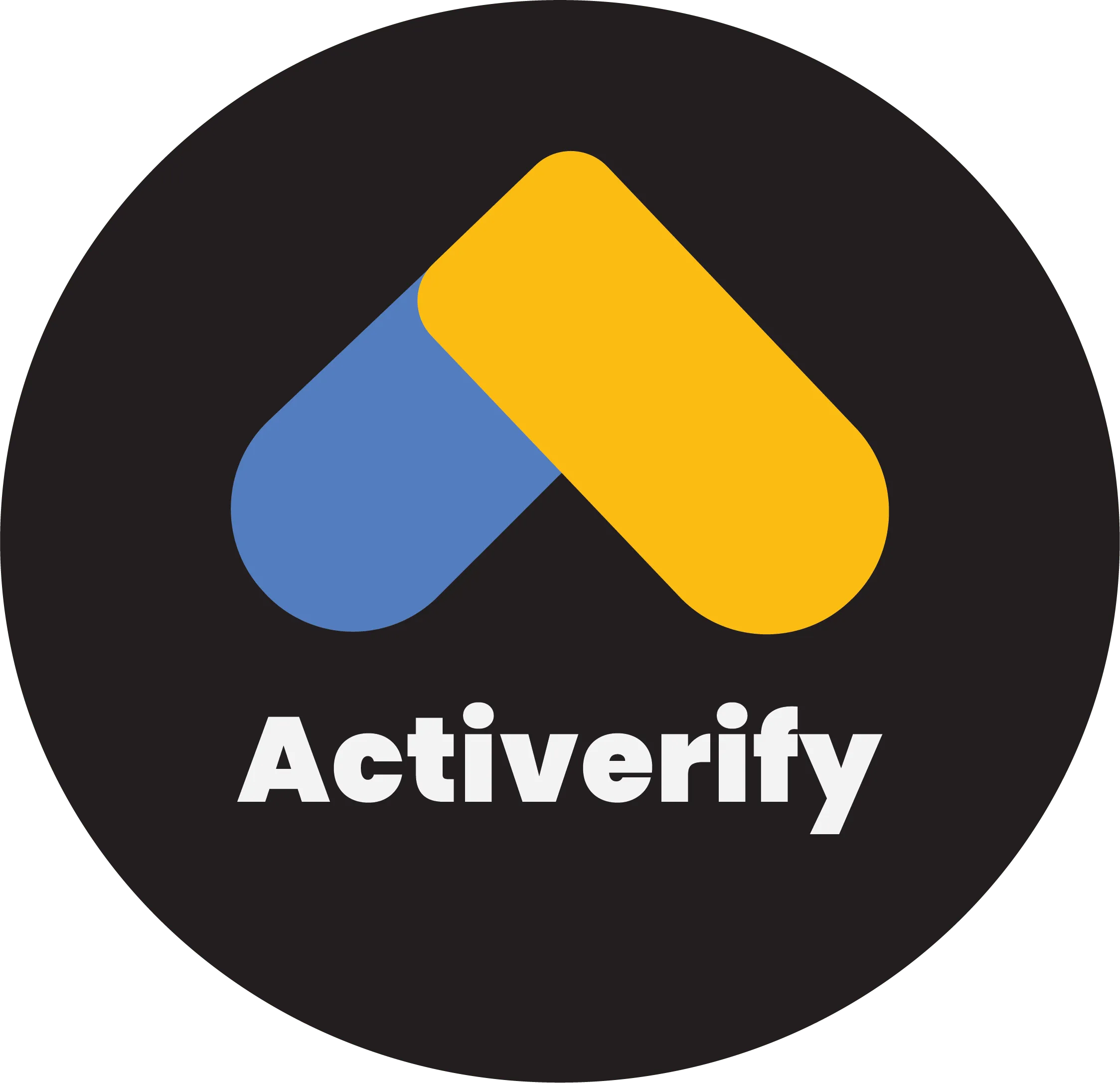Optimizing your Facebook advertisements for conversion is the most important factor when it comes to designing campaigns. However, Facebook will only show users your ads if people are finding them useful. How their algorithm measures that usefulness is through user engagement, and it plays a big factor in how Facebook determines the cost of reaching your audience.
Ad engagements are worth improving because of the direct impact they have in leveling up your overall campaigns. More engagements on your ads will typically lower your CPCs (cost per click), therefore improving your brand’s return-on-ad-spend for digital advertising.
It’s important to keep in mind that the effort to increase engagement with Facebook ads should never come at the expense of trying to get users to convert. The good news is, there are ways you can generate engagements that draw users further into the conversion funnel rather than away from it. The benefits are not only increased leads and revenue, but lower CPCs in the long-term.
The role of engagements in Facebook advertising
The most common Facebook engagements are likes and comments, but Facebook counts an engagement as any of the following:
- Likes
- Comments
- Shares
- Tags
- Video views
- Location check-ins
- Event registrations
You can change your campaign objective to “Ad Engagement,” but again, conversion should still be your ultimate goal. The average engagement rate for a Facebook post is 0.18%, so you can use that as a benchmark for your own campaigns. If you’re not quite sure whether users are finding your advertisements useful enough to engage with, look to your “quality ranking.”
Quality ranking doesn’t have as big of an impact on your CPCs as “quality score” does with Google Ads campaigns, but best practice is to have above average rankings. I have seen ads that Facebook rated as “Below Average” that outperform others in terms of conversions. This highlights that high engagement doesn’t always correlate to higher conversions.
Tips to increase engagement with Facebook ads
Here are a few easy tricks for increasing engagements on your ads. I’ve found these strategies tend to work well to drive engagements for both desktop and mobile users.
1. Ask questions of your audience
Comments are by far the best form of engagement, and using ad copy to prompt your audience with a specific question can help improve the overall number of engagements your ad receives. More thoughtful questions will be enticing to users, making them more inclined to take the time to participate in the comment thread.
Be wary though of “engagement baiting.” This is when ad copy explicitly asks for likes, comments, or shares. Facebook views this approach as trying to manipulate their engagement algorithm in your favor without actually improving the quality or relevance of your advertisements to users. This tactic will result in a much smaller reach (and naturally fewer engagements), so make sure to avoid it.
2. Promote webinars as events
For B2Bs, webinars are already a big content marketing tool, and they can play a big role in the user journey and sales funnel. When your business hosts a webinar, promote it to a custom audience of your existing customers as an event on Facebook. If they register through the CTA on your ad, that will count as an engagement.
3. Use video assets when you can
Engagements on Facebook videos average over 6.13%, meaning if you have video assets, you should be using them. Video views don’t necessarily directly translate to conversions, but they can help with awareness and content marketing by showcasing your brand as one that uses engaging, rich media to provide useful resources to customers. If you don’t have access to video assets, high-quality photos can also be very impactful.
4. Use longer ad copy to look more organic
Some digital marketers will tell you to be brief with your ad copy, but I’ve noticed that more conversational (even rambling) ad copy often performs better because it looks more organic.
When trying to increase engagement with Facebook ads, it’s important to remember that Facebook users are primarily on the platform to engage with friends and family, not search for new products or services. Users are more likely to engage with an ad when it closely resembles a post from a friend or connection rather than from an advertiser.
5. Think more about timing and schedule your ads accordingly
Facebook gets the most global engagement on Wednesdays and Thursdays. That doesn’t necessarily mean your ideal audience is engaging at that time, but you should be thinking about how timing impacts your engagement rates.
For this reason, when trying to increase engagement with Facebook ads, selecting “lifetime budget” in your campaign settings is better than “daily budget,” as it allows you to set specifics about scheduling, like choosing which days of the week or times of day when your ads can or cannot be shown.
6. Deliver answers to questions in direct messages
This is one of my favorite strategies and works particularly well for brands that use content marketing products in their advertisements. When a user comments with a question, instead of answering the question in the comment thread, reply with, “I’ll direct message you with more information.”
This strategy does a few things. First, it shows that your brand is responsive and willing to provide valuable information to users. Second, it opens up the opportunity to start a conversation with your leads (something you could never do with an anonymous click from Google Ads). Lastly, it improves engagements, because other users with the same question will also want access to the exclusive information that you’re offering the other user.
Many of the digital marketers on my team love this strategy because of the accumulation effect it encourages in the comment section. Other users will add comments as simple as “Me too!” or “Can you message me as well?” If the questions had been answered in the thread, those others users would never have been compelled to comment. It’s a simple strategy, but it can be very effective.
7. Encourage engagements related to your conversion action
If you have a very specific conversion action that you want to generate, you don’t want engagements to substitute for conversions. For this reason, encouraging engagements that push users into the conversion funnel are always better. For example, if you are going to ask a question of your audience, why not ask a question that also requires users to click through the content marketing item or product page that your ad links to?
In the end, it’s vital to remember that a conversion will always be more valuable than an engagement. If you’re running performance-based campaigns (which you should be), conversions allow you to better understand the ROI of your marketing spend than campaigns focused on general brand awareness (which is hard to measure). Thinking creatively about how to encourage users to engage and convert is a great way to improve the overall value of your Facebook ad spend.


